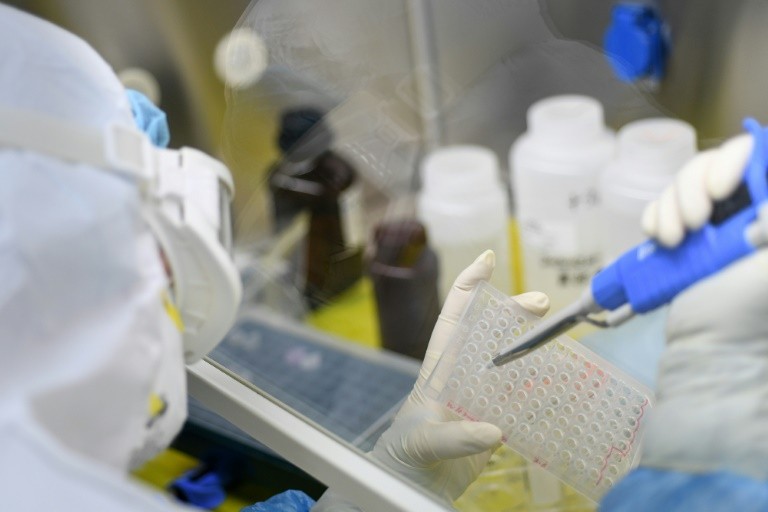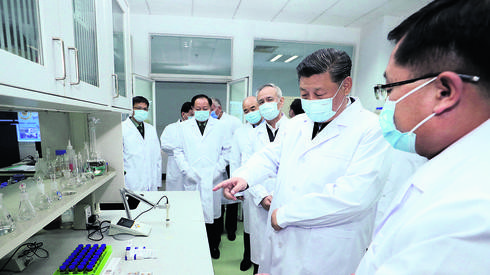Getting your Trinity Audio player ready...
The World Health Organization hopes hundreds of millions of doses of coronavirus vaccine can be produced this year and 2 billion doses by the end of 2021, chief scientist Soumya Swaminathan said on Thursday.
The WHO is drawing up plans to help decide who should get the first doses once a vaccine is approved, she said.
Priority would be given to frontline workers such as medics, those who are vulnerable because of age or other illness, and those who work or live in high-transmission settings such as prisons and care homes.
"I'm hopeful, I'm optimistic. But vaccine development is a complex undertaking, it comes with a lot of uncertainty," she said. "The good thing is, we have many vaccines and platforms so even if the first one fails, or the second, we shouldn't lose hope, we shouldn't give up."
Around 10 potential vaccines are now undergoing trials in humans, in the hope that a shot to prevent infection can become available in the coming months. Countries have already begun making deals with pharmaceutical companies to order doses, even before any vaccines have been proven to work.
Israel announced on Monday that it was in negotiations to procure vaccines from the U.S. based Moderna Pharmaceuticals that is set to begin its third phase of testing this summer and hopes to be in mass production of a COVID-19 vaccine by the end of the year.
Swaminathan described the ambition for hundreds of millions of doses this year as optimistic, and the hope for up to 2 billion doses of up to three different vaccines next year as a "big if".
She added that genetic analysis data collected so far showed that the new coronavirus has not yet mutated in any ways that would alter the severity of the illness it causes.



